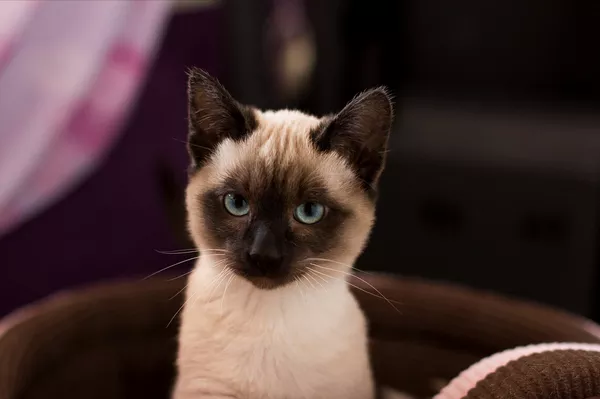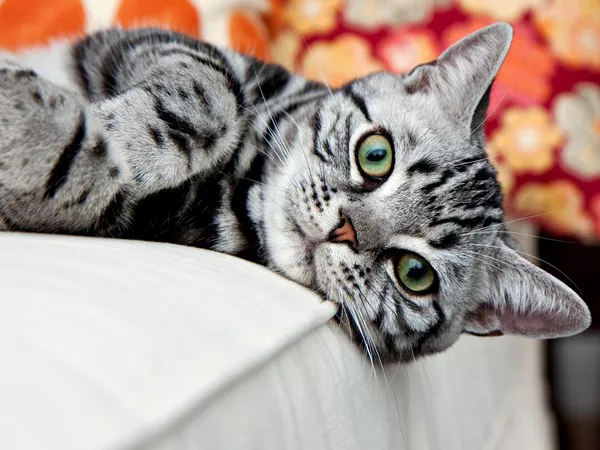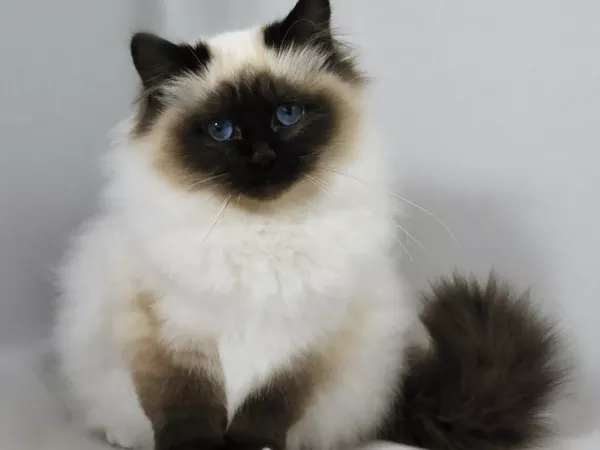Kittens are known for their boundless energy, playful antics, and undeniable cuteness. However, their early days can be fraught with challenges, and one of the most heartbreaking issues that can arise is Fading Kitten Syndrome. This mysterious condition can strike seemingly healthy kittens and lead to severe illness or even death. In this article, we will delve into what Fading Kitten Syndrome is, its potential causes, and, most importantly, how to recognize its symptoms to ensure timely intervention and the best possible chance for a kitten’s survival.
Defining Fading Kitten Syndrome
Fading Kitten Syndrome is not a single disease but rather a term used to describe a cluster of symptoms and issues that affect newborn kittens. It is often considered a catch-all phrase for various conditions that can lead to the deterioration of a kitten’s health, sometimes culminating in fatality.
Potential Causes and Contributing Factors
The precise causes of Fading Kitten Syndrome can be multifaceted and are not always easy to identify. Several factors and conditions can contribute to this syndrome, including:
Inadequate Maternal Care: A crucial element in a kitten’s early life is the care provided by the mother cat. Insufficient maternal care, which may involve a lack of proper feeding, grooming, or keeping the kittens warm, can make them more vulnerable to health issues.
Infections: Kittens, particularly those born outdoors or in less hygienic environments, can be exposed to various pathogens and infections. Respiratory infections, gastrointestinal issues, or parasitic infections can weaken a kitten’s immune system and lead to fading.
Nutritional Problems: Newborn kittens rely on their mother’s milk for nourishment. Inadequate milk supply, poor milk quality, or improper feeding techniques can result in malnutrition and weaken the kittens.
Hypothermia: Maintaining the right body temperature is critical for kittens, as they cannot regulate their body heat effectively. Prolonged exposure to cold temperatures can lead to hypothermia, which can be life-threatening.
Congenital Defects: Some kittens may be born with congenital defects or genetic conditions that compromise their health from birth.
Overcrowding and Stress: In cases of overcrowded conditions or high stress, particularly in animal shelters, kittens can experience stress-related health issues that contribute to Fading Kitten Syndrome.
Spotting the Symptoms
Recognizing the early signs of Fading Kitten Syndrome is essential for timely intervention. Here are some common symptoms to watch for:
Lethargy: Kittens are naturally curious and active. If you notice a sudden and pronounced decrease in activity, it can be a sign of trouble.
Weakness: Weak or wobbly kittens may have difficulty standing, walking, or nursing.
Weight Loss: Weight loss or failure to gain weight is a clear indication of a problem.
Inadequate Feeding: Kittens that are not nursing properly or are reluctant to eat may be experiencing issues.
Cold Body Temperature: Feel the kitten’s body. If it feels cold to the touch, it could be suffering from hypothermia.
Diarrhea: Frequent and severe diarrhea can lead to dehydration and weakness.
Difficulty Breathing: Labored breathing, coughing, or sneezing may be indicative of respiratory issues.
Dehydration: Sunken eyes, dry gums, and lethargy can be signs of dehydration.
Abnormal Vocalizations: Unusual or excessive crying can indicate distress.
Lack of Growth: Kittens should steadily gain weight. Stagnation or loss of weight is a warning sign.
What to Do If You Suspect Fading Kitten Syndrome
If you suspect that a kitten is suffering from Fading Kitten Syndrome, immediate action is crucial. Here are steps to take:
Seek Veterinary Care: Contact a veterinarian experienced in caring for kittens. They can assess the kitten’s condition and provide appropriate treatment.
Keep the Kitten Warm: If the kitten is cold, gently warm it using a heating pad on the lowest setting or by placing warm water bottles wrapped in towels nearby. Be cautious not to overheat the kitten.
Assist with Feeding: If the kitten is not nursing well, you may need to feed it using a special kitten milk replacement formula. Ensure proper feeding techniques and consult a vet for guidance.
Hydration: If the kitten is dehydrated, consult with your vet about administering oral rehydration solutions.
Isolation: If you have other kittens, isolate the sick one to prevent the potential spread of infections.
Monitoring and Comfort: Keep a close watch on the kitten’s condition, provide a quiet and comfortable environment, and offer gentle comfort and reassurance.
Preventing Fading Kitten Syndrome
Preventing Fading Kitten Syndrome begins with proper care and attention from the moment kittens are born. Here are some preventive measures:
Provide Adequate Maternal Care: Ensure that the mother cat is well-fed, stress-free, and capable of caring for her kittens.
Hygiene: Maintain a clean and hygienic environment for the kittens to reduce the risk of infections.
Nutrition: Offer a high-quality diet to the mother cat to ensure she can provide sufficient milk for her kittens.
Vaccination: If you are a breeder or shelter owner, ensure that the mother cat is up to date on vaccinations to prevent the transmission of diseases.
Isolation: Isolate kittens from potential sources of infection until they are older and stronger.
Regular Vet Visits: Schedule regular veterinary check-ups for the mother and her kittens to catch any potential issues early.
Conclusion
Fading Kitten Syndrome is a challenging condition that can strike even the healthiest kittens. Recognizing the symptoms and acting swiftly is crucial to increase the chances of survival. By providing proper care, attention, and early intervention, you can help your kittens thrive and grow into healthy, happy cats.



























